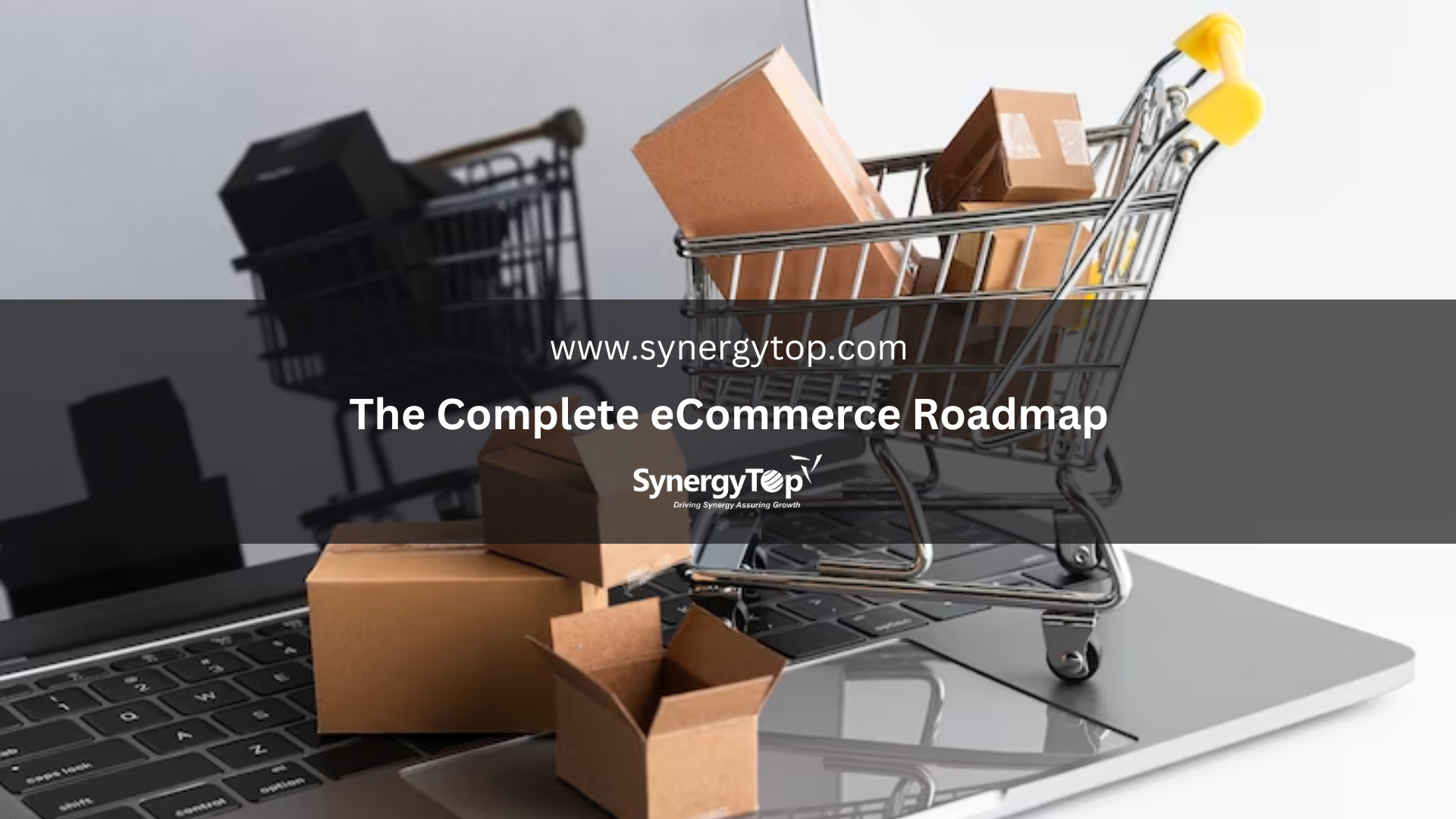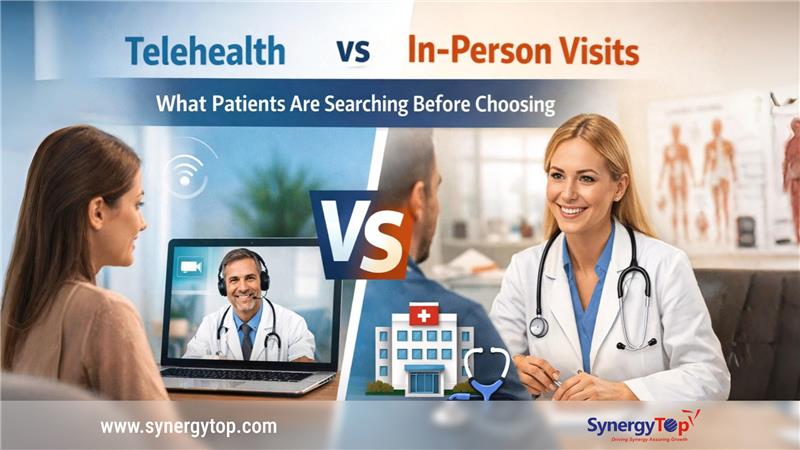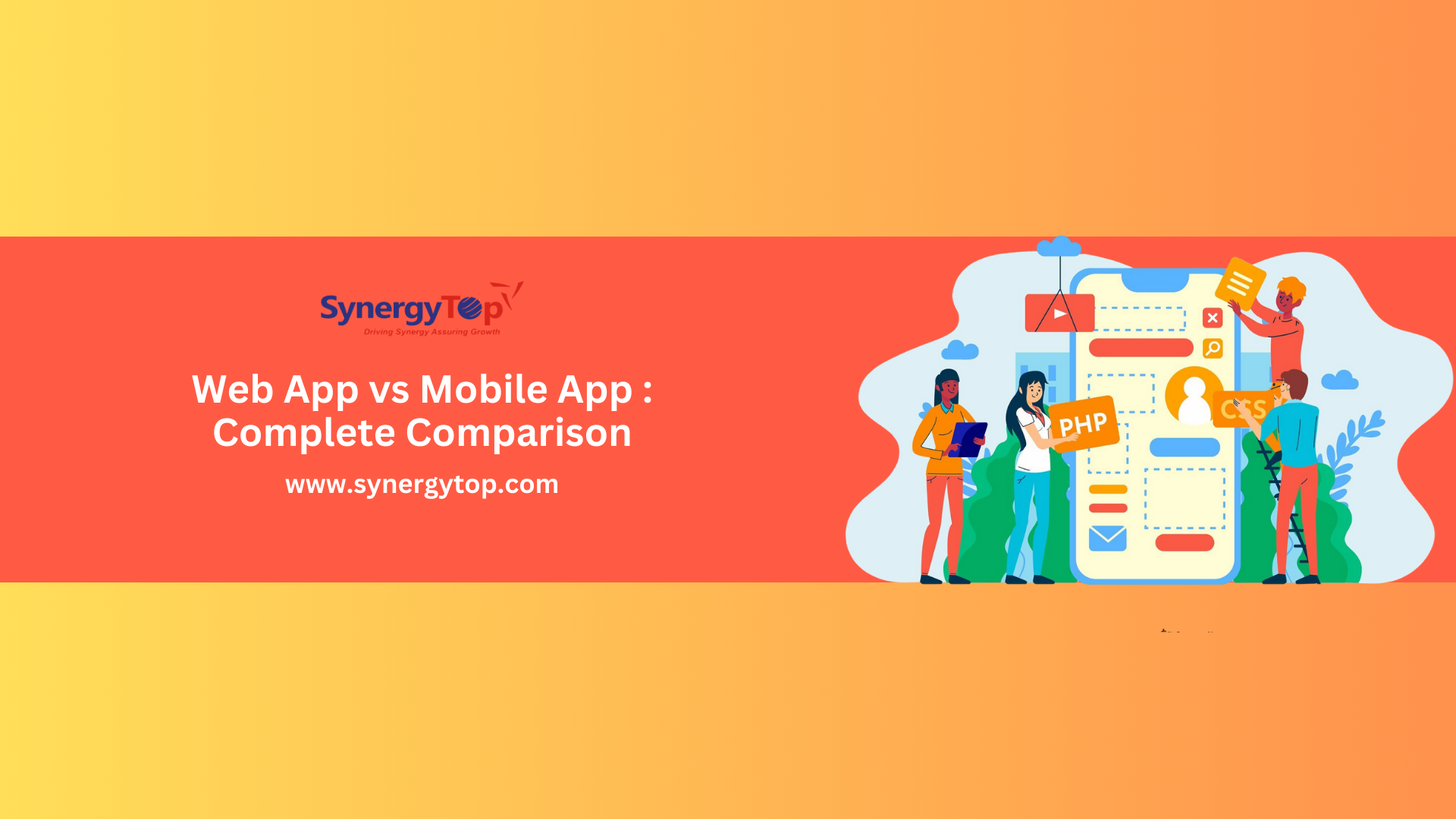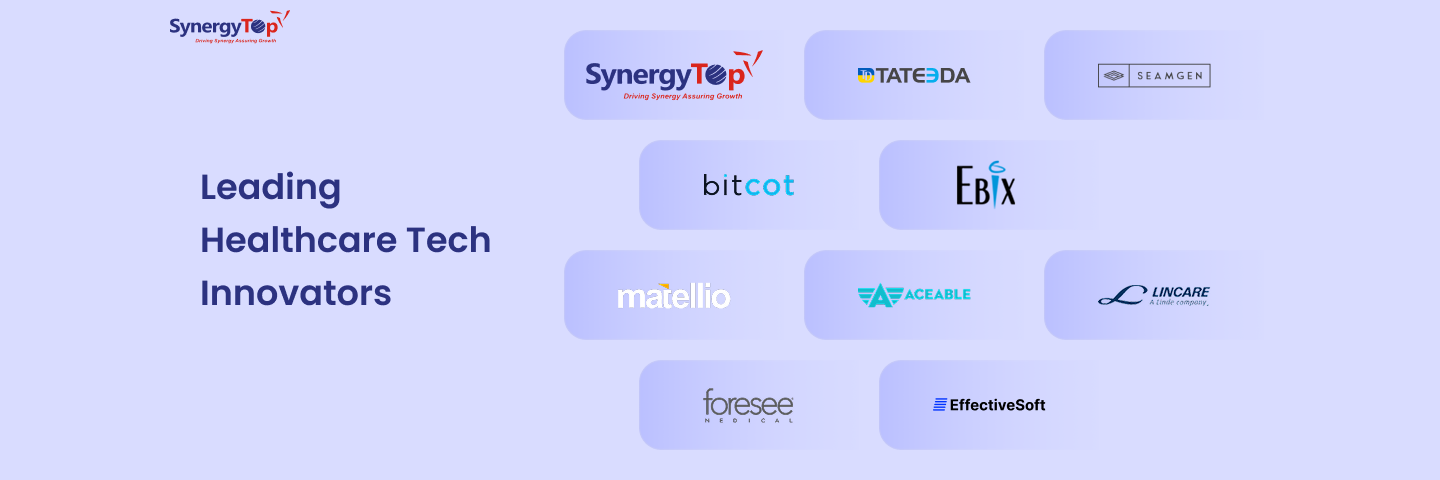Estimates suggest that by 2040, 95% of transactions will happen online.
This means now is the ideal time to get eCommerce development services and set up your digital shop.
Before you start, consider this:
- Less than 3% of eCommerce visits result in a purchase.
- The majority of eCommerce sites struggle to even make $1,000 per annum.
- Also, eCommerce development can cost several thousand dollars.
This makes eCommerce software development a complicated territory. If you are new to the world of eCommerce, this blog will hold your hand and guide you in these unchartered waters. Even if you are an eCommerce pro, there’s definitely something new you’d be able to take away from this detailed roadmap to eCommerce software development.
Let’s dive in.
What Is eCommerce Software Development?
When you buy stuff from physical stores, it is called commerce. When you do it online, ie using electronic media, it becomes eCommerce. In simple terms, it refers to the process of buying and selling goods or services over the Internet.
New to eCommerce? Here’s a Kickstarter guide that can help you build a rounded eCommerce solution.
An eCommerce software is a digital tool or platform that enables businesses to conduct their sales and operations online. An eCommerce software includes various features such as:
- Product listings,
- Shopping carts,
- Payment processing,
- Order management,
- Inventory tracking, and
- Customer management
The process of designing, customizing, developing, and maintaining a digital platform with all the aforementioned features is called eCommerce software development.
| Advanced Resource: Explore the new-age method of custom eCommerce software development, headless eCommerce development, and how it benefits retailers. |
Importance of eCommerce Software Development?
Can a simple, static website not be used to sell products or services online? Well, hypothetically, it can. It is 100% possible to carry out eCommerce activities using a generic website.
Would that yield the required results? Probably not.
eCommerce software development is important for businesses to thrive in the competitive online marketplace. With the right eCommerce development technology, companies can expand their reach, streamline their operations, and provide exceptional shopping experiences for their customers.
Some key benefits of having an eCommerce store for your business are:
✔️Global Reach
✔️Increased Sales
✔️Cost Efficiency
✔️24/7 Availability
✔️Personalized Shopping Experience
✔️Scalability
✔️Inventory Management
✔️Enhanced Customer Engagement
✔️Data Analytics
✔️Competitive Advantage
Explore these benefits and other impacts of having an eCommerce store for your business here.
Now that you have understood the benefits of eCommerce software development, let’s dive deep into the various aspects of eCommerce software development.
Must-Have Elements For An eCommerce Software
eCommerce websites across the globe have an average conversion rate of 2.58%. Industry leaders, like Amazon, for example, have an average conversion rate of 13%.
Why? What is it that industry leading eCommerce platforms have and the others don’t? Detailed analysis on several eCommerce platforms and having worked on 250+ eCommerce platform development projects ourselves have helped us identify the top elements that are a must-have for eCommerce software.
These elements include:
- Clear Navigation
- High Quality Product Images
- Detailed Product Descriptions
- User Reviews and Ratings
- Secure Checkout
- Search Functionality
- Responsive Design
| Detailed Read: Learn more about these must-have eCommerce elements and how industry leaders are leveraging these elements here. |
Important: This is not an exhaustive list of eCommerce software features that you need. This is only a list of must-have eCommerce elements. Of course, there would be several other features that you’d have to include while getting custom eCommerce software developed. These features would depend on your specific needs and project requirements.
How To Choose The Right eCommerce Platform?
Once you have identified the various elements that you need to include while getting your custom eCommerce software developed, it is time to identify the right eCommerce platform.
There are hundreds of eCommerce software development solutions available in the market today. A few popular names include Shopify, WooCommerce, Magento, BigCommerce, etc.
Each of these platforms has its own benefits and shortcomings. The platform that may be suitable for one business might not be useful for another.
The choice ultimately depends on what features and functionalities you need in your eCommerce software and your budget.
The best way to find the most suitable platform is to discuss this with eCommerce software development experts who can help you outline your needs and find a platform that matches them all.
You can also explore some of our in-depth comparisons to get an overview of various eCommerce software development platforms.
While it is possible to migrate your eCommerce software platform later on, it is best to select the most suitable option upfront.
If needed, eCommerce software development experts can help you leverage the best of two eCommerce platforms. For example, they can integrate WordPress with Shopify to combine the customizability of WordPress with the ease of use of Shopify.
How Much Does It Cost To Get eCommerce Software Developed?
The cost of developing eCommerce software depends on various factors such as complexity, features, and customization. A basic eCommerce website can range from a few thousand dollars. More advanced platforms may require investments up to tens of thousands of dollars.
We, at SynergyTop, are an industry-recognized team of eCommerce software developers. We have delivered 250+ eCommerce projects to our clients from across the globe.
Some of our accolades include:
When you work with us for your eCommerce development services, we offer clear and upfront details about the timeline and cost.
Looking for a custom quote for your eCommerce software development needs? Schedule a quick call with our eCommerce developers today!
Getting Started With eCommerce Software Development Services
If you are thinking of getting eCommerce software development services, you have the following options to get started:
- Hire in-house eCommerce software developers
- Get eCommerce software development services from freelancers
- Hire an eCommerce software development company for end-to-end eCommerce software development services.
Here’s a brief comparison of the three options:
| Aspect | In-House Team | Freelancers | eCommerce Software Development Company |
| Pros | – Full-time dedication – Deep understanding of company’s needs |
– Access to diverse talent pool – Flexibility in hiring – Potential for cost-effectiveness |
– Specialized expertise – Established processes – Scope for customization – Comprehensive ongoing support |
| Cons | – Limited expertise – Recruitment costs and time |
– Potential communication challenges – Reliability issues – Varied quality of work |
– Time and effort required to find the right eCommerce software development company |
| Suitability | – Medium to large projects – Long-term projects – Projects requiring close collaboration |
– Small to medium projects – Short-term projects – Projects with specific skill requirements |
– Small to large projects – Projects requiring end-to-end eCommerce solutions development – Complex projects with demanding requirement |
As is evident, working with dedicated companies for eCommerce software development services is the best choice in most cases.
FAQs
Additional Resources
eCommerce software development is just the beginning of your eCommerce journey. There’s a lot more that you’d need to do to get visitors to your digital storefront and convert them into customers.
Some guides to help you achieve that include:
- Use of Machine Learning (ML) in eCommerce
- Impact of using AI for eCommerce
- SEO strategies to boost eCommerce Sales
- 10 ways to make your eCommerce website faster
- eCommerce product page SEO strategies
- Conversion rate optimization strategies for eCommerce
- Building an eCommerce chatbot with Dialogflow
- Holiday eCommerce checklist and strategies
















